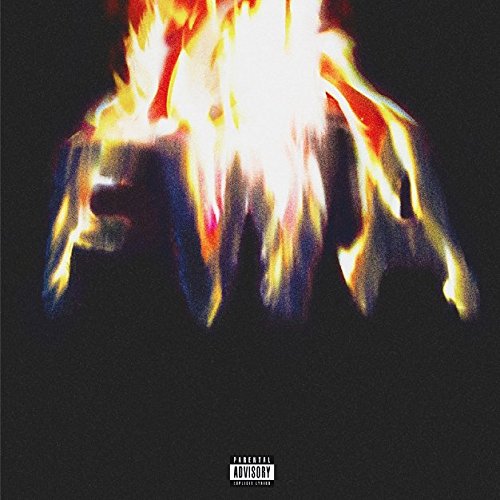
Lil Wayne
FWA (Free Weezy Album)
Release Date: Jul 4, 2015
Genre(s): Rap
Record label: N/A
Music Critic Score
How the Music Critic Score works
Buy FWA (Free Weezy Album) from Amazon
Album Review: FWA (Free Weezy Album) by Lil Wayne
Satisfactory, Based on 7 Critics
Based on rating 3.5/5
Backstories as part of music criticism, especially in the case of an artistic icon, are often wholly unnecessary. But in order to frame the release of Free Weezy in its proper context, one must look to the past. On a personal quest to become the best rapper alive, Lil Wayne escorted the world into a metaphorical house named after his surname — “Tha Carter.” Coupling unprecedented stamina on the mic, a voice literally cracking with emotional gravity, and an inherent desire to prove, Wayne chaperoned listeners through all the crevices of his inner world, and subsequently rose atop the mainstream ranks.
Based on rating 3/5
Round about 2006, it wasn’t uncommon to hear Lil Wayne hyped up as the Greatest Of All Time, critics lining up to proclaim the Louisiana MC as a sort of Wordsworth for the purple drank generation. But just as underground hype seemed on the verge of mutating into genuine Kanye-sized absurdostardom, things went off course. First there was jail time for weapons and drugs, which seemed to take the wind from his sails.
Based on rating 6/10
Cash Money is an army — but Baby and Slim’s New Orleans venture has always been afflicted by disgruntled soldiers, going back to early-‘90s acts like UNLV, members of the Hot Boys, and even their in-house producer, Mannie Fresh. Lil Wayne’s whopping $51 million lawsuit against the label is the latest case of revolt, this time with Weezy likening himself to a prisoner and claiming his long-delayed Tha Carter V album is being held back from release. But despite a provocative title that suggests he’s hitting back at his former allies, FWA — or Free Weezy Album — isn’t so much a statement of independence as Just Another Mixtape.
Based on rating C+
For better or worse, Lil Wayne still views the mixtape format as a place for him to rap over rented beats. So, while the Free Weezy Album is technically his third project to come out since his 2013 album I Am Not a Human Being II, it’s his first collection of original songs since then. Wayne wouldn’t be Wayne if not for his impeccable remixes on tapes like Dedication 2 and Da Drought 3, but after hearing him rap over the likes of “CoCo”, “Hot Nigga”, and “Try Me” on Sorry 4 the Wait 2 back in January, fans started getting eager to hear what Wayne thought he should sound like as a rapper and a selector of fresh instrumentals.
Based on rating 5.5/10
In retrospect, 2011 looks like the turning point of Lil Wayne’s career. He was coming off almost a year in prison, and the last album he'd offered fans before beginning his sentence was early 2010's Rebirth, a misguided-if-actually-kind-of-endearing rock album. By the time he was free and the summer of 2011 swung around, the thought of new Weezy filled fans with feelings they would never have again: anticipation and excitement.
Based on rating 3/10
Having recently passed the halfway mark of 2015, it's safe to say the current calendar year has not been kind to Lil Wayne. Some passable feature placements on stronger hip-hop records this year haven't been enough to overshadow the fact that Wayne's own Tha Carter V is still under lock and key. The ensuing YMCMB lawsuit drama and dissolution of his partnership with Birdman prompted a rallying cry to free Weezy and his unreleased work from the label, one that looked to be answered with FWA (previously Free Weezy Album).Having surfaced as a Tidal exclusive after a February release date passed him by, has the emcee born Dwayne Carter Jr.
Opinion: Average
Thought exercise: What does it take to anoint oneself “the greatest rapper alive?” Is it a meaningful engagement with the socioeconomic and racial tensions that have long been a cornerstone of the hip-hop narrative? Is it a creative vision and technical dexterity unmatched by one’s peers? Or is it simply the sheer hubris to declare oneself the greatest? By any and all of those definitions, Lil Wayne was 2008’s “greatest rapper alive. ” Building upon a prolific stream of mixtapes, Wayne unleashed Tha Carter III, a critical and commercial juggernaut of Bush-era frustration, auto-tuned absurdity, and Sizzurp-laced verbosity. No one quite knew what to make of it — hell, Spin’s rating of the album was a collection of wingdings — but everyone knew it was perversely brilliant.
'FWA (Free Weezy Album)'
is available now

